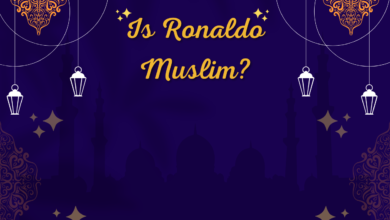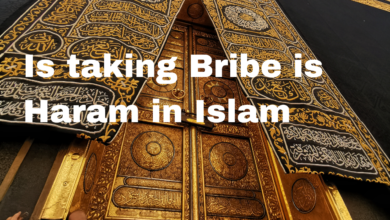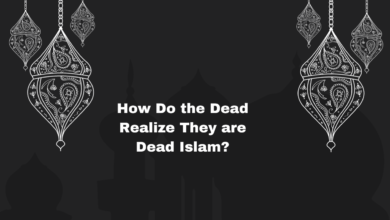Role of Prophet Muhammad in Islam
The Last Messenger: Prophet Muhammad's Profound Role in Islam
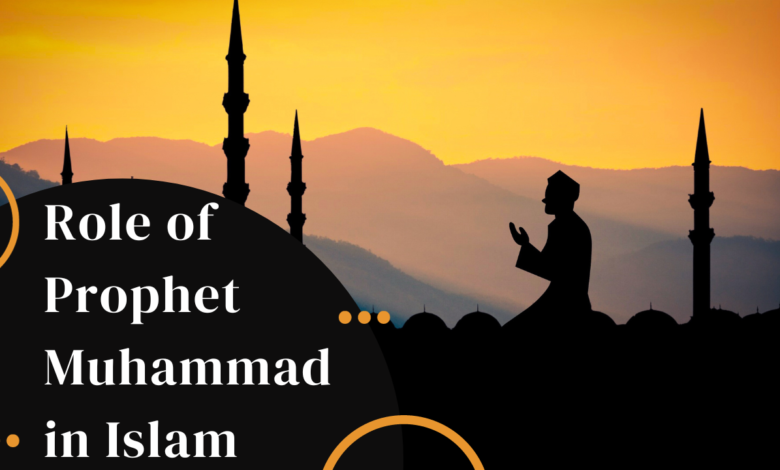
Role of Prophet Muhammad in Islam
Prophet Muhammad is the last and final prophet in Islam, believed to be the messenger of God (Allah) who received divine revelations through the Quran.
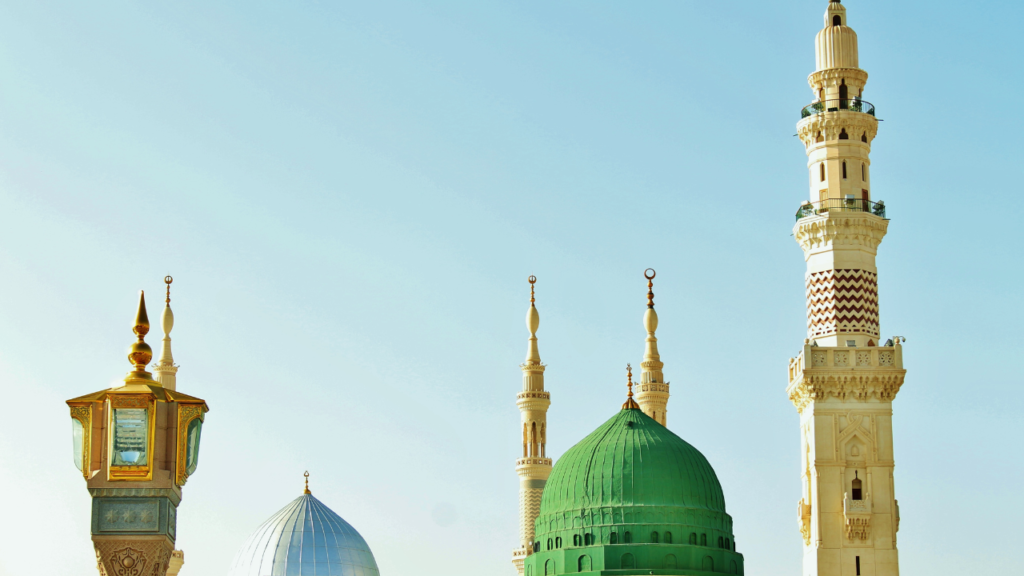
Introduction
Prophet Muhammad, peace be upon him, holds a pivotal role in Islam as the last and final messenger of God. Born in Mecca in 570 CE, he received divine revelations over 23 years, which were later compiled into the Quran, the holy book of Islam. His life and teachings have had an immeasurable impact on the religion, culture, and civilization of the Muslim world. In this article, we will explore the multifaceted role of Prophet Muhammad in Islam.
The Messenger of God
Prophet Muhammad is primarily known as the “Messenger of God” in Islam. His role was to convey the divine message revealed to him by God, which was intended to guide humanity in matters of faith, morality, and social conduct. The Quran, through its verses, emphasizes his prophethood as a blessing and mercy for humanity, as seen in Surah Al-Anbiya (21:107): “And We have not sent you, [O Muhammad], except as a mercy to the worlds.”
Also check.
- Where did Islam Originate?
- When was Islam Founded?
- What is the Holy Book of Islam?
- What is Shirk Islam?
- Who is the Wessiah in Islam?
The Exemplar
Prophet Muhammad is not just a spiritual leader; he is also considered the exemplary model of human behavior. His character, often referred to as the “Seerah,” serves as a guide for Muslims on how to live a life in accordance with Islamic principles. His personal conduct, ethics, and interactions with others provide a blueprint for Muslims to emulate, promoting kindness, justice, and compassion.
The Unifier
During his lifetime, Prophet Muhammad played a significant role in uniting the tribes and factions in the Arabian Peninsula. His mission of monotheism and the message of Islam brought together diverse communities, bridging the gaps that had previously divided them. His call for unity and brotherhood among believers is exemplified in his farewell sermon, delivered during his last pilgrimage, where he emphasized the equality of all Muslims regardless of their ethnic or social backgrounds.
The Lawgiver
Prophet Muhammad’s role in establishing Islamic law, known as Sharia, is another crucial aspect of his legacy. Through the Quran and his sayings and actions (Hadith), he provided a comprehensive legal framework that governs various aspects of a Muslim’s life, including personal conduct, family law, and business transactions. The Sharia serves as a moral and ethical compass, helping Muslims navigate the complexities of daily life while adhering to Islamic principles.
The Social Reformer
Prophet Muhammad was a champion of social justice and reform. His teachings emphasized the importance of caring for the less fortunate, promoting charity, and supporting the rights of women, orphans, and slaves. He abolished many pre-Islamic practices that were oppressive and inhumane. His social reforms aimed at establishing an egalitarian society where individuals were judged by their piety and character rather than their social status or tribal affiliations.
The Military Leader
Prophet Muhammad also played a role as a military leader during the early years of Islam when the Muslim community faced persecution and oppression in Mecca. His leadership during battles like Badr, Uhud, and the Trench not only helped protect the fledgling Muslim community but also served as a defensive measure against external threats. It’s important to note that his military actions were defensive in nature and carried out in response to persecution and threats.
Conclusion
The role of Prophet Muhammad in Islam is multifaceted and profound. As the last prophet of Islam, he served as a messenger, exemplar, unifier, lawgiver, social reformer, and military leader. His teachings and actions continue to guide and inspire over a billion Muslims around the world. The life and legacy of Prophet Muhammad are a source of spirituality, guidance, and morality, and they remain central to the faith and practice of Islam. His message of monotheism, mercy, and justice continues to resonate in the hearts and minds of Muslims, making him a beloved figure in Islamic history.
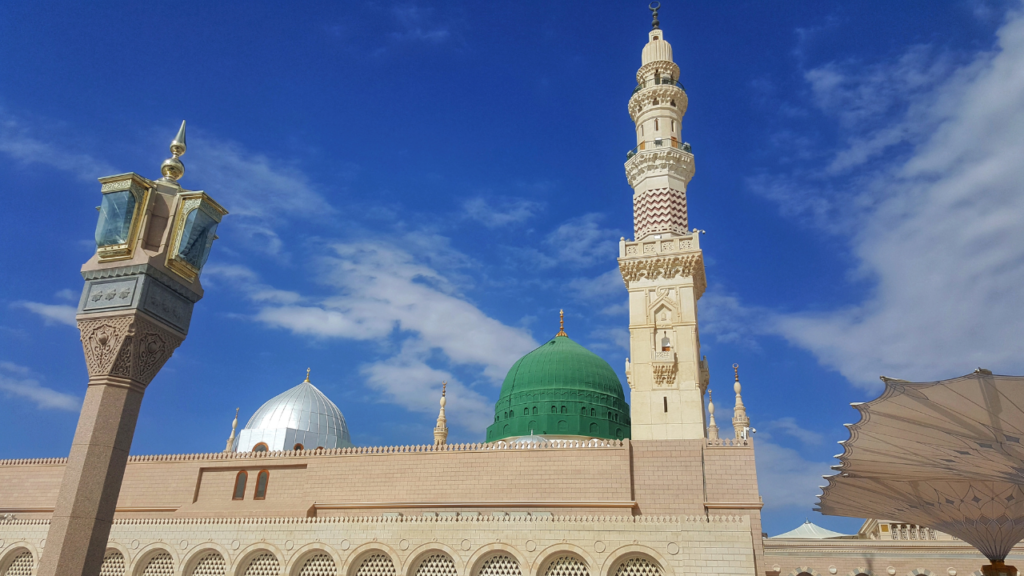
FAQs
Who is Prophet Muhammad in Islam?
Prophet Muhammad is the last and final prophet in Islam, believed to be the messenger of God (Allah) who received divine revelations through the Quran.
What is the significance of Prophet Muhammad’s role in Islam?
Prophet Muhammad’s role is of immense significance as he brought the final message of Islam, which encompasses guidance for faith, morality, and conduct, and his life serves as a model for Muslims to follow.
What are some of the roles of Prophet Muhammad in Islam?
Prophet Muhammad played various roles, including being the Messenger of God, an exemplar of moral conduct, a unifier of diverse communities, a lawgiver through the establishment of Sharia, a social reformer, and at times, a military leader in self-defense.
How did Prophet Muhammad’s message unify diverse communities in Arabia?
Prophet Muhammad’s message of monotheism and the Quran brought together various tribal communities in Arabia under the banner of Islam, emphasizing the unity of believers regardless of their tribal or social backgrounds.
What is the Sharia, and how did Prophet Muhammad contribute to its establishment?
Sharia is Islamic law that encompasses various aspects of life. Prophet Muhammad contributed to its establishment by providing guidance through the Quran and Hadith, which includes principles for personal conduct, family law, and social justice.
In what ways did Prophet Muhammad promote social justice and reform?
Prophet Muhammad emphasized caring for the less fortunate, promoting charity, and advocating for the rights of women, orphans, and slaves. He abolished oppressive pre-Islamic practices and aimed to create a more equitable society.
Was Prophet Muhammad a military leader?
Yes, Prophet Muhammad played a role as a military leader during the early years of Islam. However, his military actions were defensive in nature, responding to persecution and threats faced by the Muslim community in Mecca.
What is the role of Prophet Muhammad in modern Islam?
In modern Islam, Prophet Muhammad continues to be a central figure. His teachings and example guide the beliefs and practices of Muslims, serving as a source of spiritual inspiration, ethical values, and a model for personal conduct.

